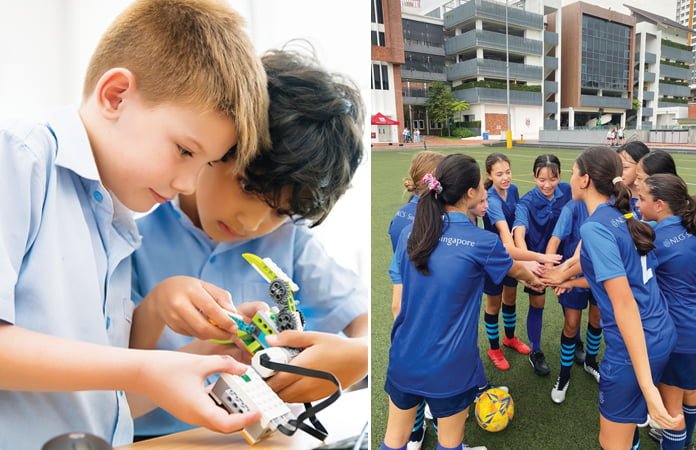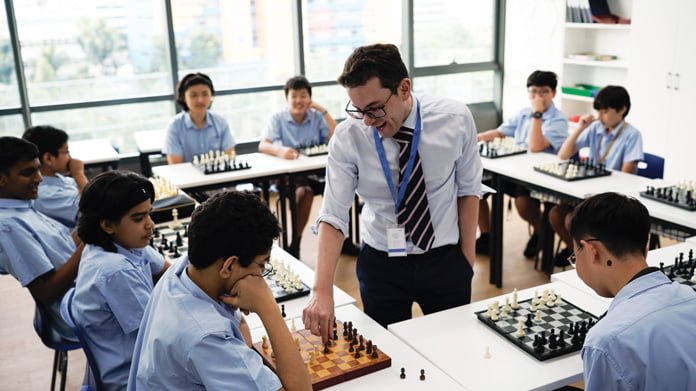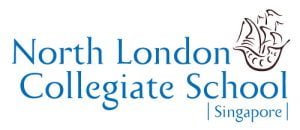- Sponsored Content

Schools should be more than just institutions for academic learning; they should support students to grow into who they’re meant to be. Creating an environment where children cultivate confidence, derive enjoyment from their activities, and foster a sense of belonging and community is essential. Crucially, their development should encompass more than knowledge acquisition.
In this environment, clubs and societies allow students to explore their interests and talents, develop a sense of self, and forge lasting connections.
Academic clubs and societies extend the curriculum, providing opportunities for students to delve deeper into subjects that capture their interest as well as discover new passions. They allow students to break away from the structure of a classroom, curriculum or syllabus and flourish as independent learners and problem solvers. At North London Collegiate School this often involves research, debates, or projects encouraging critical thinking and problem-solving. These opportunities not only allow students to take their learning into their own hands but also share their passion with other students whilst developing invaluable life skills like leadership, public speaking, collaboration, goal setting and delivering on outcomes.
Non-academic clubs and societies provide a space for personal development more overtly linked to life skills. They nurture talents and interests outside the academic realm and counterbalance the classroom’s academic environment. These can include sports clubs, art clubs, music ensembles, or social justice groups, allowing students to find their niche, express themselves, and develop new skills.

How can clubs & societies help students?
- Interest: Clubs and societies offer students the freedom to step away from the curriculum and delve into subjects or activities that truly pique their interest, stimulating their intellectual curiosity and cultivating subject passion that inspires life-long learning. This intrinsic motivation is more powerful than the extrinsic motivation of examinations
- Resilience: Teams win and lose, whether in debates, chess or rugby; those losses should hurt. In experiencing challenges and setbacks, whether in the form of competition, critique, or failure, students learn to deal with them in a low-stakes and safe environment. Developing the ability to bounce back from adversity and adapt to new circumstances is crucial in a rapidly changing world
- Support: Networks built through common interests and goals provide essential support during difficult times. In particular, clubs across teaching and year groups can provide an alternate perspective
- Expertise: Everyone is unique, but until we start developing our own talents, it can be difficult to stand out. Students who actively engage in clubs and societies are able to demonstrate their expertise more effectively
- Confidence: Participation in clubs and societies and the subsequent development of expertise allows students to develop confidence in their own abilities, whether it’s through honing a skill, practising an instrument, public speaking or leading a team. Whilst developed within a club, confidence is transferable to all aspects of their academic and personal lives
- Leadership: Clubs offer opportunities that allow students to influence and motivate others. These interactions are the starting point for more formalised leadership roles within the club structure, enabling students to develop critical skills, including decision-making, teamwork, and effective communication
- Diversity: Clubs that are open to all students send a clear message that every student’s interest and background are valued. This openness extends beyond clubs, shaping the school’s culture by encouraging acceptance and understanding and reducing discrimination and bullying

Clubs and societies are essential components of a holistic education. They not only facilitate the student’s personal growth but also contribute to the vibrant tapestry of their school community. Clubs and societies create a welcoming environment where students can grow in confidence and develop a support network and a strong sense of belonging. These extracurricular activities extend education beyond the classroom, beyond syllabi and curriculum, and allow students to explore their own interests, passions, and talents. Moreover, they promote learning, foster intellectual curiosity and a love for education, and offer students unique opportunities to develop resilience and acquire leadership skills.
Ultimately, these extracurricular activities are not just an integral part of the educational journey; they are a cornerstone in shaping rounded individuals who are prepared for the challenges and opportunities that lie ahead.
 North London Collegiate School (Singapore)
North London Collegiate School (Singapore)
130 Depot Road, Singapore, 109708 nlcssingapore.sg
admissions@nlcssingapore.sg








